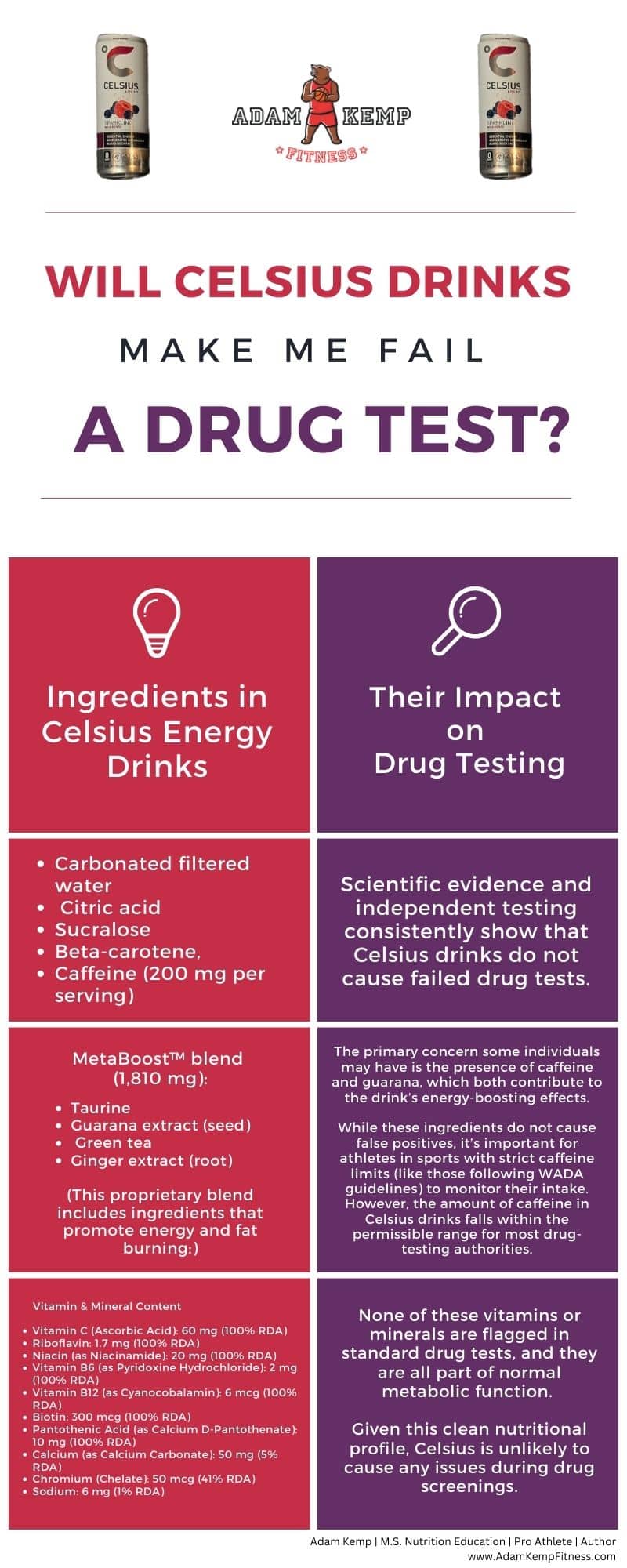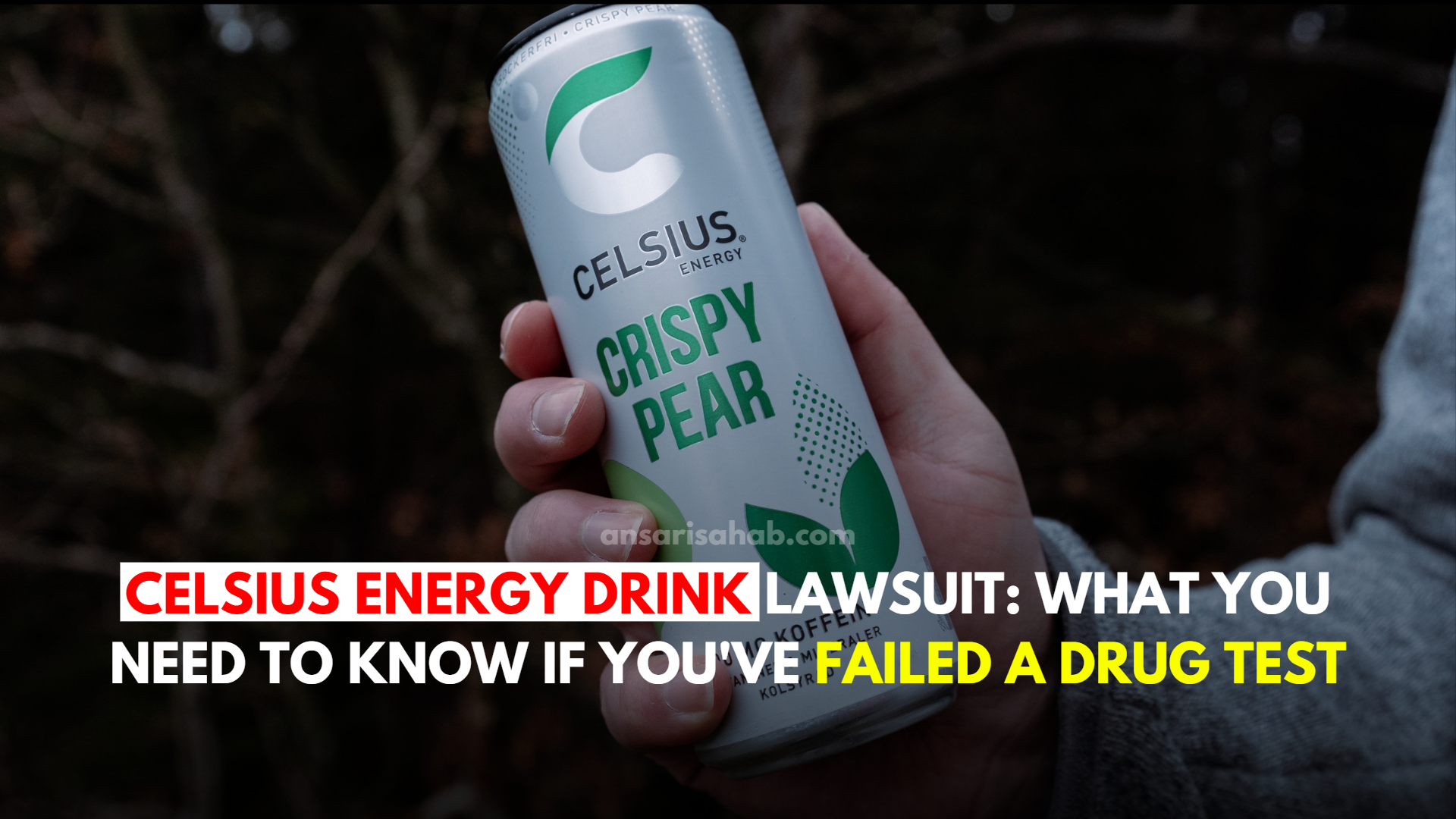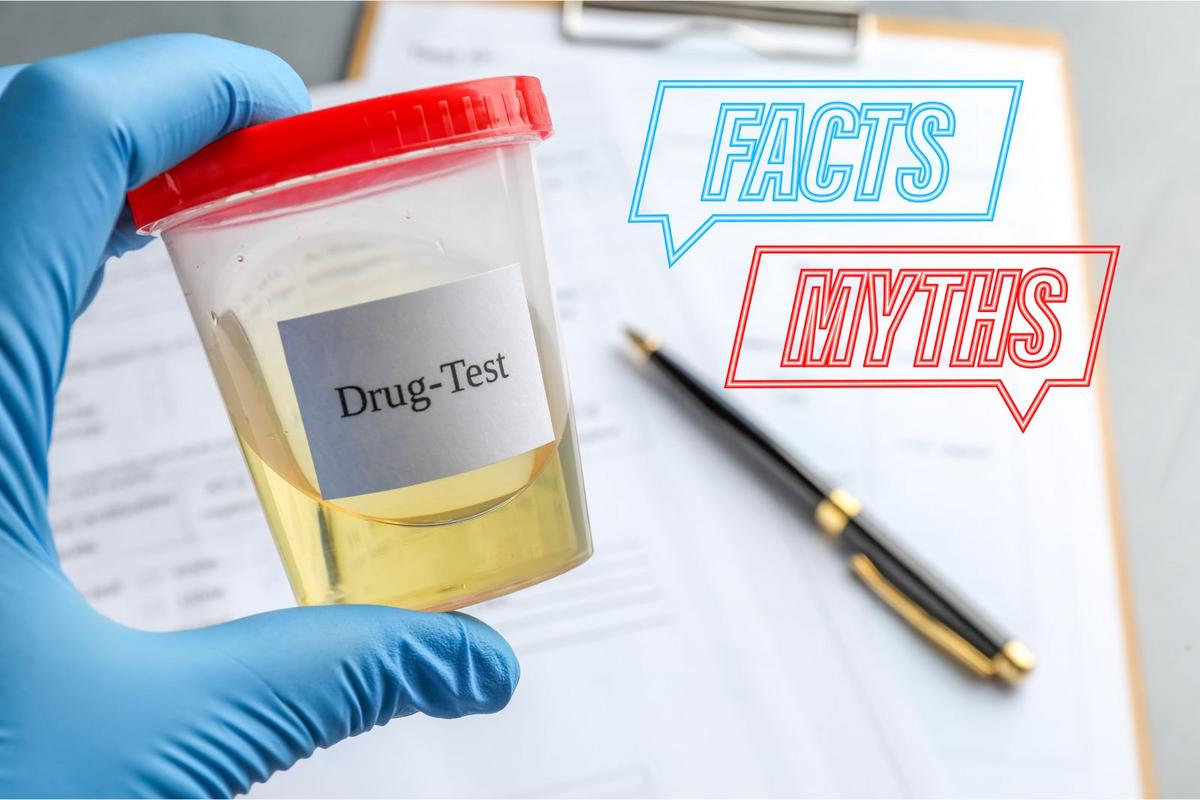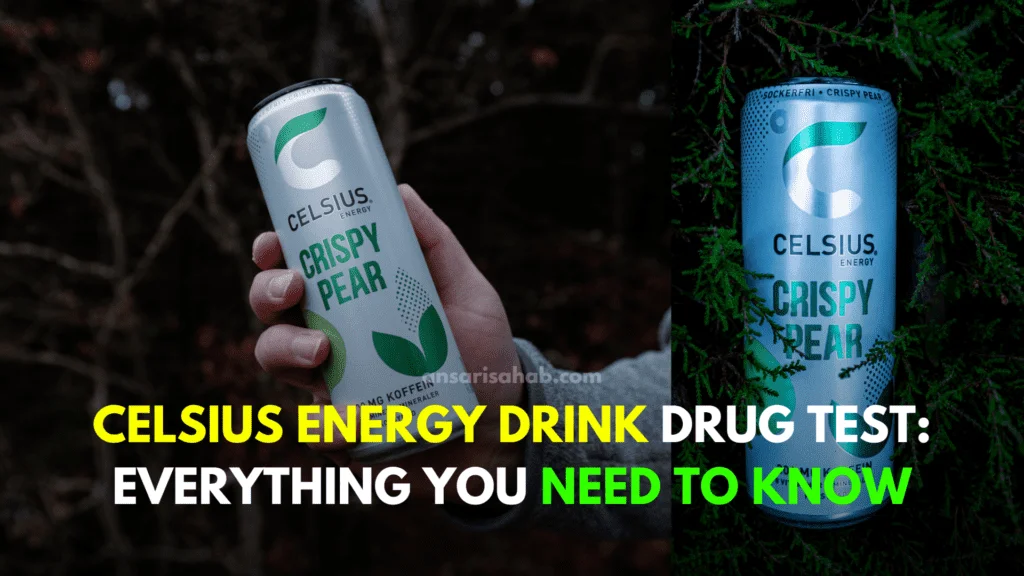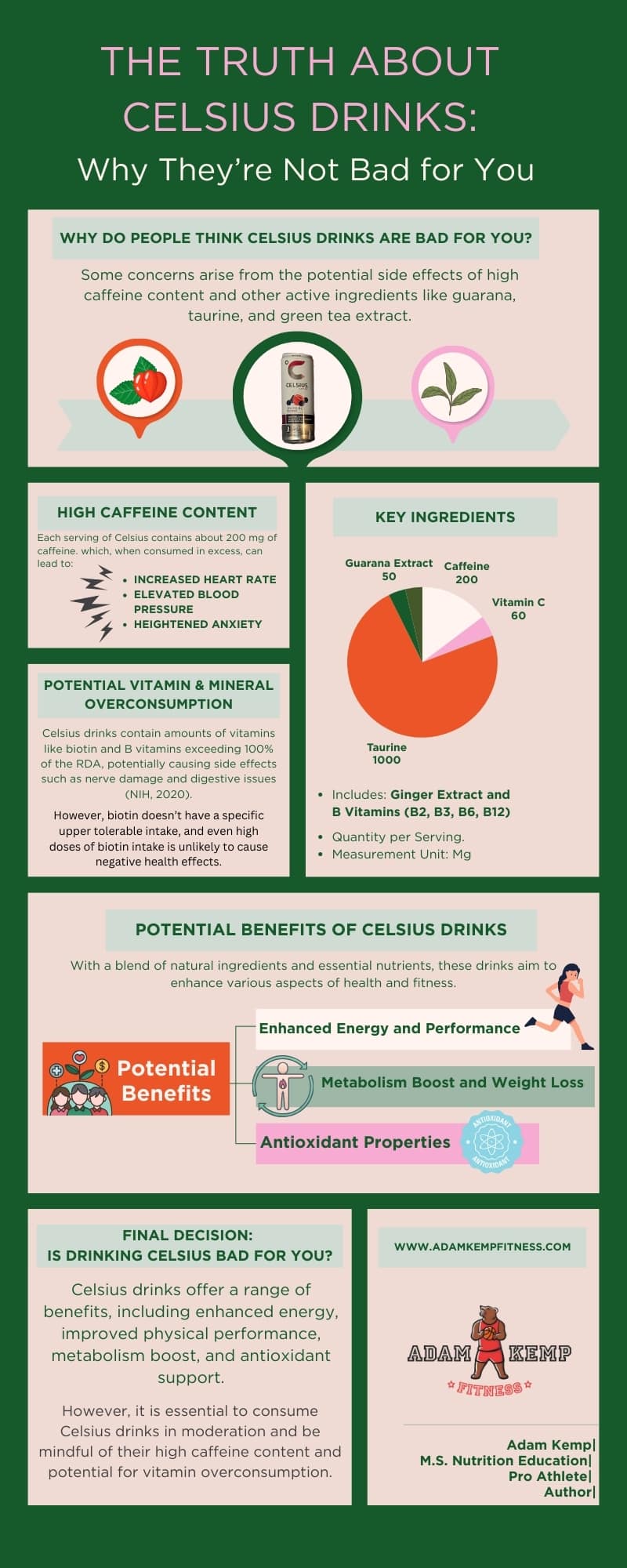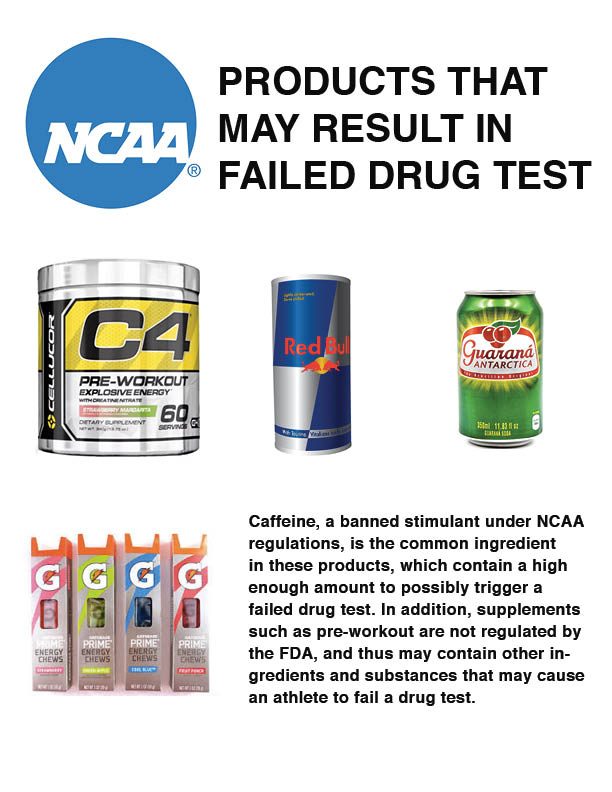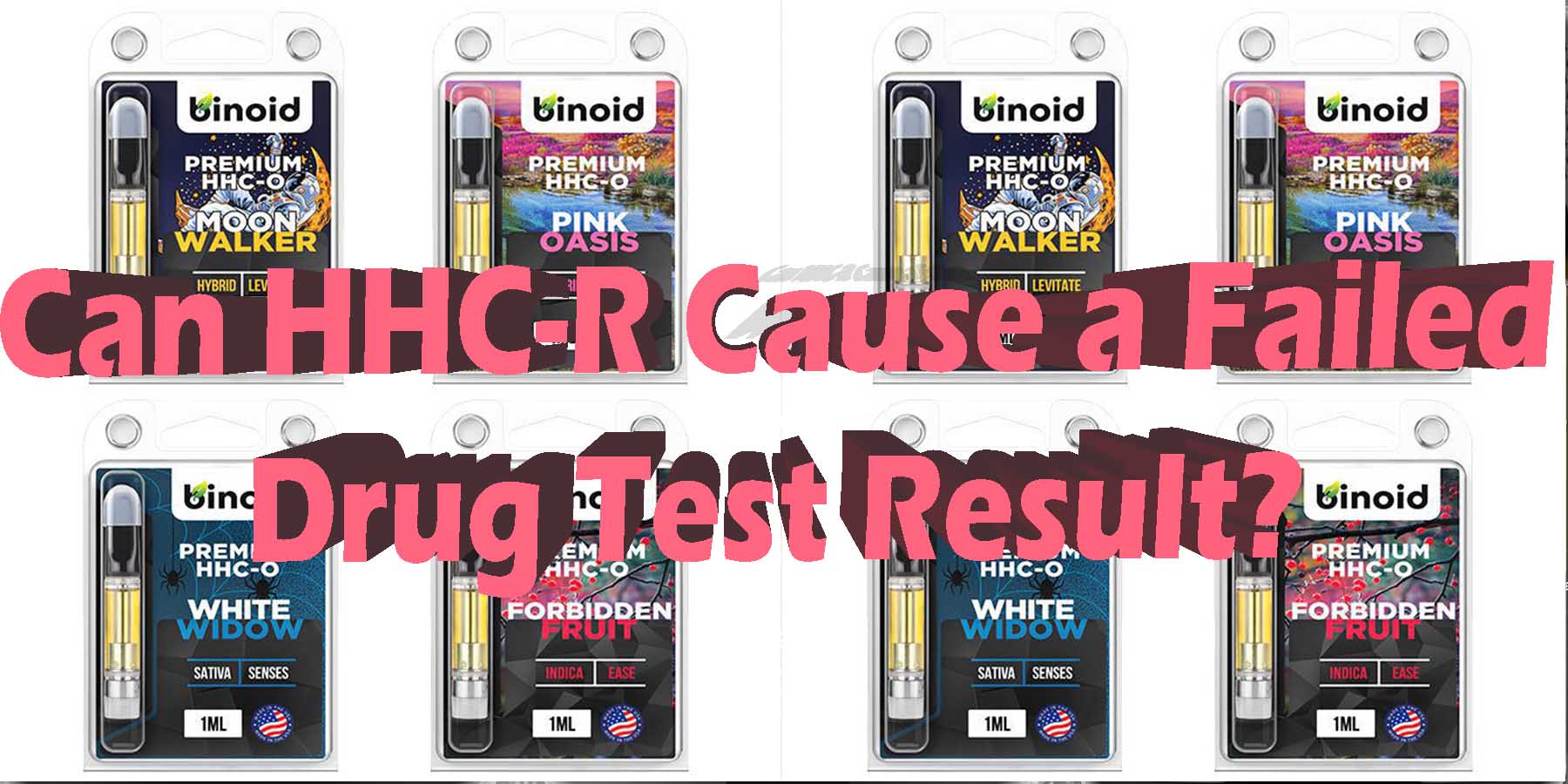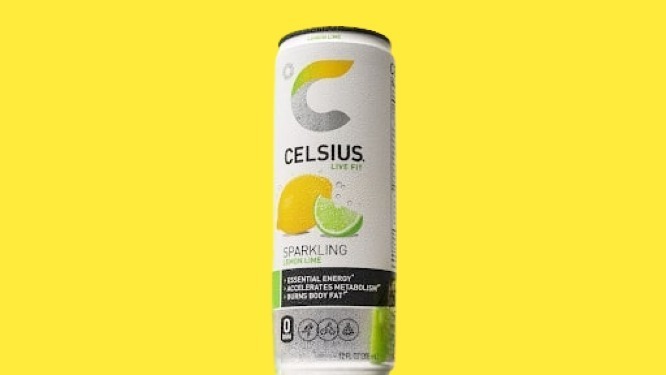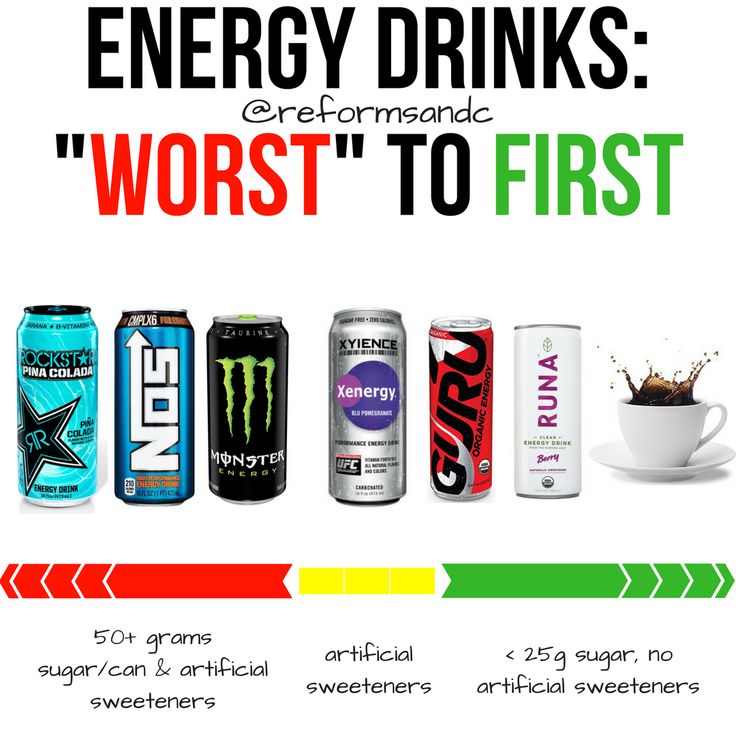Can Energy Drinks Make You Fail Drug Test

Urgent warnings are circulating: consuming energy drinks could potentially lead to a failed drug test. This unexpected risk stems from ingredients not always listed or accurately quantified on product labels.
This article delves into the unsettling possibility that readily available energy drinks may contain substances capable of triggering positive results in standard drug screenings, impacting athletes, employees, and anyone subject to such tests. The implications could be severe, ranging from career setbacks to damaged reputations.
Hidden Stimulants and Cross-Contamination: The Core Concerns
The primary concern revolves around the presence of stimulants beyond caffeine, the commonly known component. These hidden stimulants, often structurally similar to banned substances, may not be explicitly listed on the ingredients panel.
Cross-contamination during manufacturing is another significant risk factor. Shared production lines can inadvertently introduce traces of prohibited substances into energy drink formulations.
A 2021 study published in the Journal of Analytical Toxicology revealed that a small percentage of tested energy drinks contained trace amounts of amphetamine-like compounds, despite not being listed as ingredients. This highlights the potential for unexpected positive drug tests.
Who is at Risk?
Athletes are particularly vulnerable. Many sports organizations adhere to strict doping regulations that prohibit even trace amounts of certain substances.
Employees in safety-sensitive industries, such as transportation and construction, also face heightened risks. They often undergo routine drug screenings to ensure workplace safety.
Anyone subject to pre-employment drug screens or random drug tests could be affected. The consequences can range from disqualification for a job to termination of employment.
Specific Ingredients and Potential Culprits
Synephrine, often marketed as a weight-loss aid, is a known concern. It is structurally similar to ephedrine, a banned stimulant.
DMAA (1,3-dimethylamylamine), despite being banned by the FDA in 2013, has been found in some products marketed as energy boosters. Its presence poses a significant risk of a positive drug test.
Certain herbal extracts can also contain compounds that trigger false positives. Always research unfamiliar ingredients listed on the label.
Case Studies and Real-World Impacts
Numerous anecdotal reports detail individuals testing positive for banned substances after consuming energy drinks. These cases underscore the unpredictability of the situation.
In 2019, a college athlete faced suspension after testing positive for a stimulant. An investigation revealed the source to be an energy drink consumed before the competition, highlighting the potential for devastating consequences despite unintentional consumption.
While proving causation can be challenging, the recurring pattern suggests a link between energy drink consumption and unexpected positive drug tests.
Navigating the Risks: What Precautions Can You Take?
Carefully scrutinize ingredient labels before consuming any energy drink. Research unfamiliar components to determine potential risks.
Opt for brands that undergo third-party testing and certification for purity and absence of banned substances. This reduces the risk of hidden contaminants.
If you are subject to drug testing, consider abstaining from energy drinks altogether, especially close to testing periods. This is the safest course of action.
The Role of Manufacturers and Regulatory Oversight
Increased regulatory scrutiny of energy drink manufacturers is crucial. Stricter labeling requirements and independent testing can enhance transparency.
Manufacturers must prioritize rigorous quality control measures to prevent cross-contamination and ensure accurate ingredient listings.
The FDA should enhance its enforcement actions against companies that market products containing undeclared or banned substances.
Next Steps and Ongoing Developments
Researchers are actively investigating the prevalence of hidden stimulants in energy drinks and their impact on drug test results. Further studies are needed to quantify the risks.
Athletic organizations and employers are urged to educate their members and employees about the potential dangers of energy drink consumption.
Consumers should remain vigilant and informed about the potential for energy drinks to compromise drug test results. Always prioritize safety and awareness.
